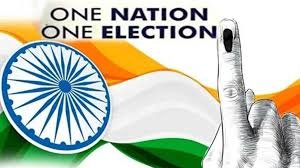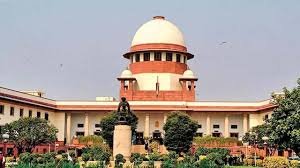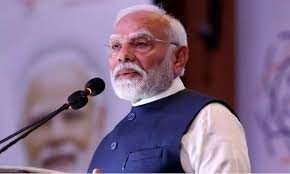In a landmark move, the “One Nation, One Election” Bill, officially titled The Constitution (One Hundred and Twenty-Ninth Amendment) Bill, 2024, was introduced in the Lok Sabha by Union Law Minister Arjun Ram Meghwal. The bill aims to synchronize national and state elections, promoting a single unified voting process across India.
Supporters of the “One Nation, One Election” Bill argue that it offers several benefits, including reduced costs associated with frequent elections, more efficient use of security forces by avoiding repeated deployments, fewer disruptions caused by the Model Code of Conduct, and more consistent policy implementation without election-related halts. However, the bill has faced fierce resistance from the opposition. The Congress claims the proposal is unconstitutional and threatens India’s federal structure, while Samajwadi Party leader Dharmendra Yadav warns it could lead to dictatorial control by centralizing power. In response to these concerns, the government has formed a high-level committee led by former President Ram Nath Kovind to examine the feasibility and legal implications of simultaneous elections. This committee will gather insights from political leaders and legal experts to address the contentious issues surrounding the proposal.
The Election Commission of India has expressed readiness to conduct simultaneous elections if the bill becomes law, demonstrating confidence in their preparedness for this significant shift. As the debate rages on, the nation faces a critical question: Will ‘One Nation, One Election’ streamline governance or compromise the essence of democracy? The coming legislative discussions will determine whether this ambitious vision will reshape India’s electoral future or remain a contentious proposal.




